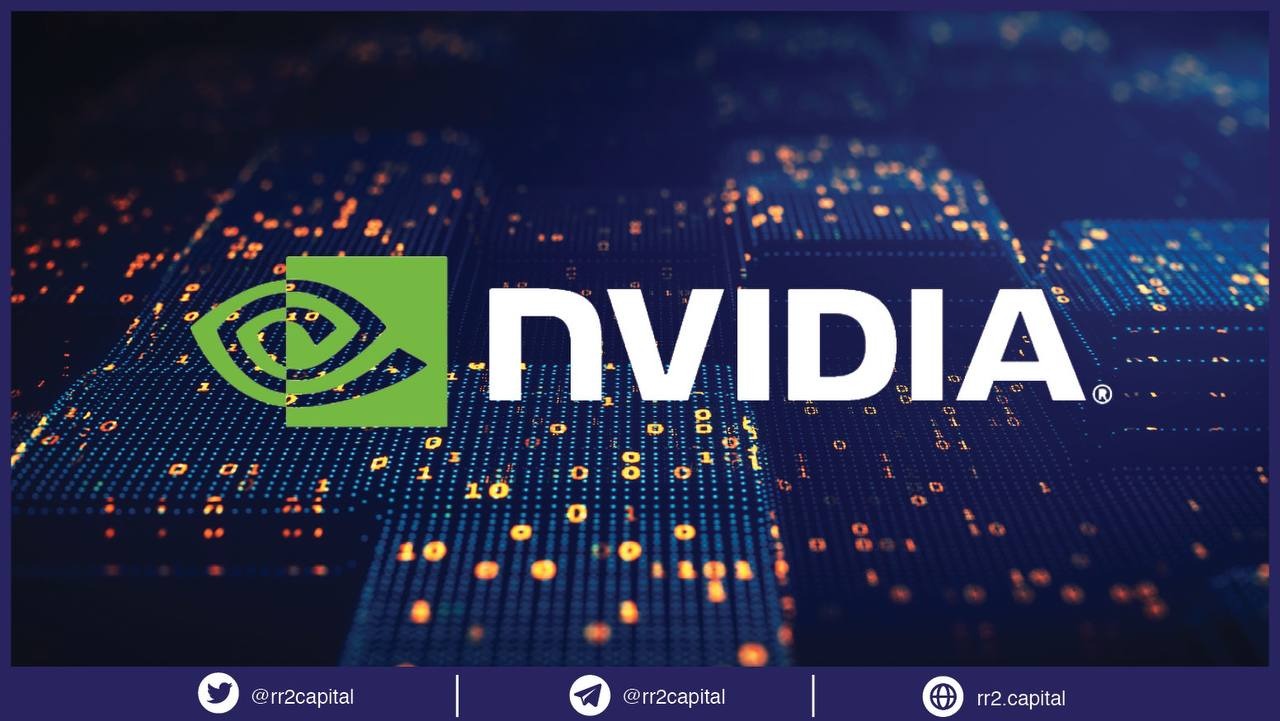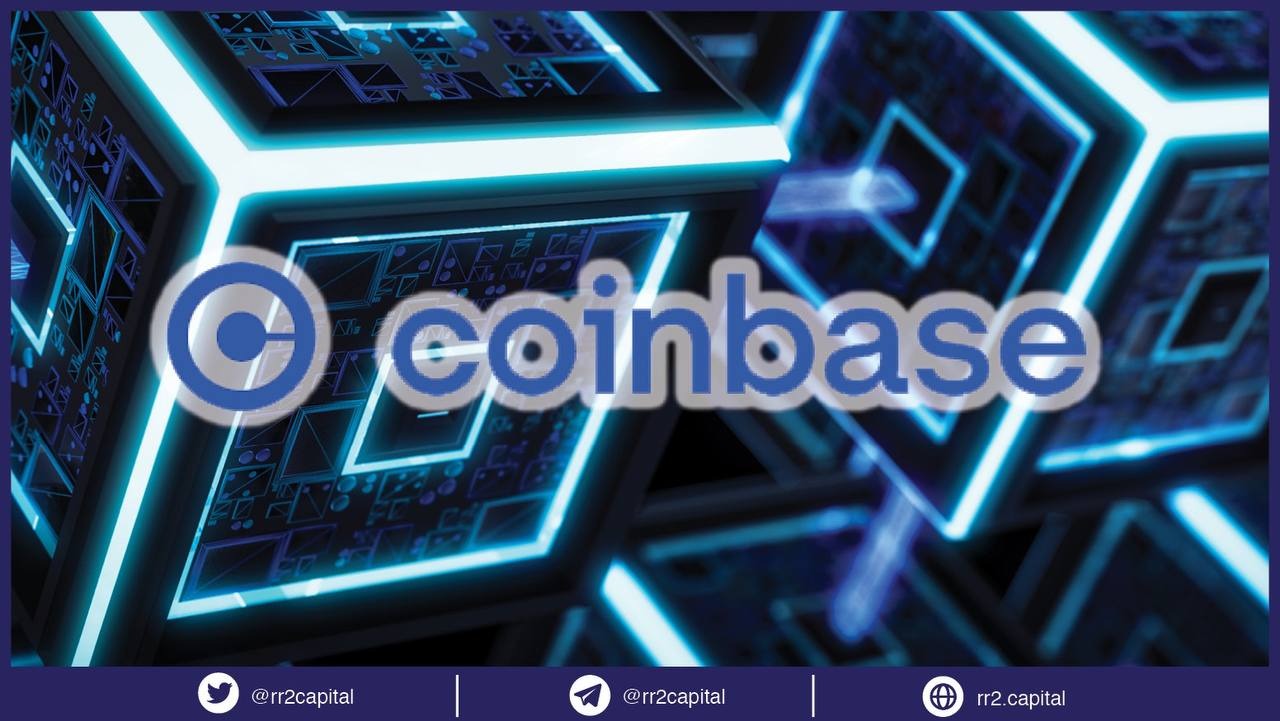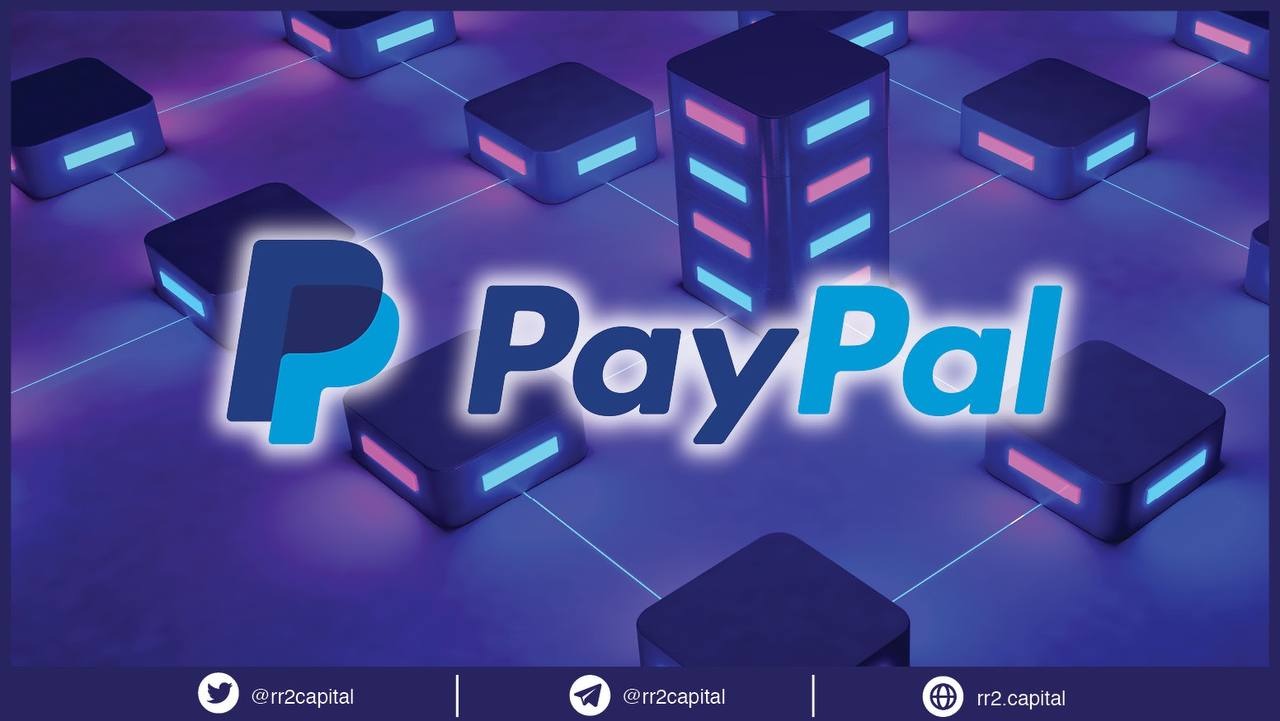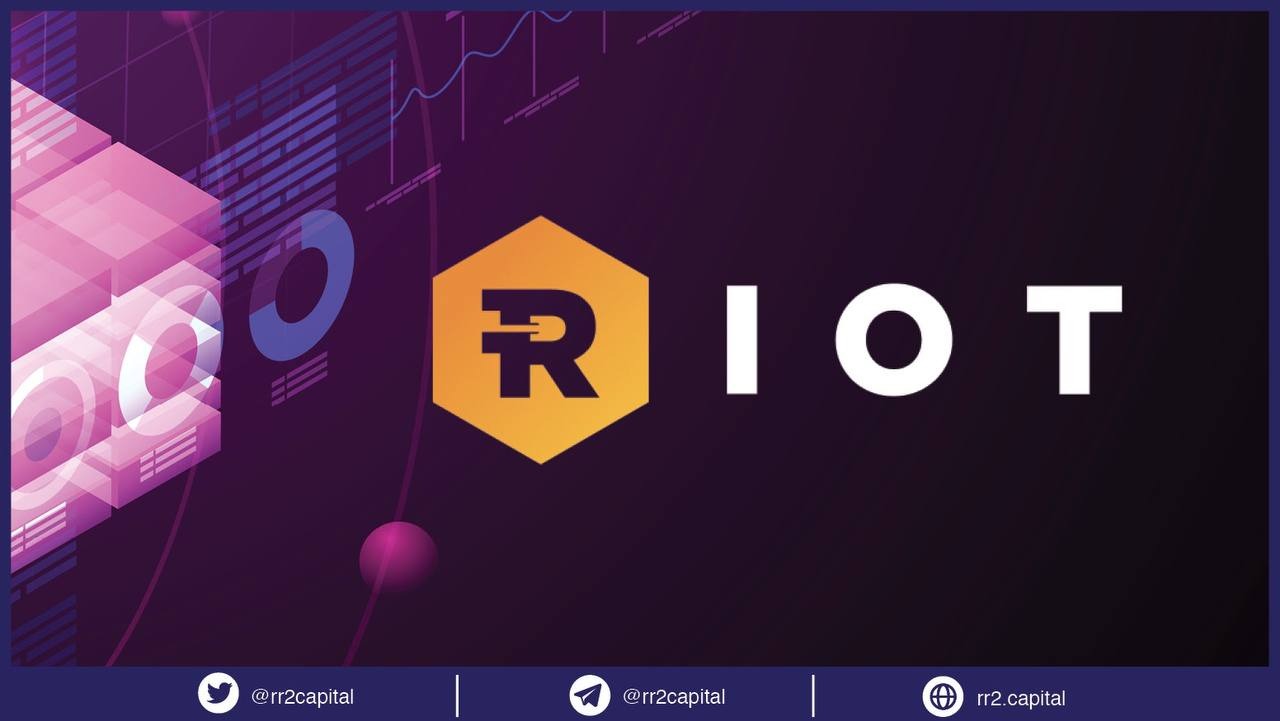Blockchain technology first gained popularity with the creation of Bitcoin. The technology provides immense security and transparency within the crypto market. Since its creation, blockchain technology has gained a ton of traction and is often referred to as the most promising technology to date.
Although blockchain technology is still relatively new, it’s one of the fastest growing industries in the world. The technology’s immutable, transparent, and decentralized means of recording, storing, and exchanging transactions and data have made it a focus of interest in recent years. The tech has incredible application, even outside of the crypto industry.
That being said, there is a growing number of highly investable companies focusing on blockchain technology. While some may view this industry as high risk because of its association with the crypto market, there are nevertheless a variety of high-quality blockchain companies to invest in.
Below, we dive into what blockchain technology is and explore some of the best blockchain companies to invest in.
What Is Blockchain Technology In Simple Terms?
A blockchain is a type of database that is both public and decentralized. Each “block” in a blockchain is a data structure that contains data and is recognized by a cryptographic “hash” and timestamp.
Blocks have finite storage capacity, once a block has reached its maximum capacity, it is then chained to the previously filled block. This is where the name “blockchain” is derived from.
Blockchains are append-only. This means that it is only possible to add data to a blockchain in time-ordered sequential order. It is virtually impossible to delete or alter anything that has already been added to the blockchain.
Understanding blockchain technology isn’t too difficult, you don’t need vast scientific knowledge to understand how the tech works. To put it simply, the blocks are what make up the chain, and the data they contain is kept in a public database. Blocks include information on a transaction, such as cost, date, time, and the digital signatures of those involved. Since blockchains are public, this information is available to the general public and may be accessed by anybody. It is, however, important to mention that certain private blockchains use the same technology, but are truly opaque. These are called permissioned blockchains.
Distributed ledger technology (DLT) and blockchain technology are sometimes used interchangeably. They are, however, not the same thing. DLT, peer-to-peer networks, and numerous cryptographic methods are just some of the technologies and techniques used in a blockchain.
Top Blockchain Companies To Invest In
Nvidia
Nvidia (NVDA) is an American multinational tech company based in Santa Clara, California. Nvidia designs and produces Graphic Processing Units (GPUs) that are an essential component in areas such as blockchain, crypto mining, Artificial Intelligence (AI), gaming and more.
While sales of Nvidia’s crypto-targeted CMP chips have cooled off due to the current crypto bear market, sales are expected to rebound when the crypto market recovers.
Even with the Ethereum Merge and the move towards a Proof-of-Stake consensus, many industry experts still believe Nivida has massive room for success because of their connection with blockchain technology.
For example, one of the most recent applications of blockchain tech is through the Metaverse. Nvidia is expected to play a crucial role in supplying the processing power for the Metaverse and its digital economy.
The Metaverse market size is expected to be worth $824.53 billion, Globally, by 2030. As the number of Metaverse users increase, the hardware and software needed to build and maintain virtual worlds will experience a missive demand. Someone will need to fill that demand. This is why Nvidia is one of the top blockchain companies to invest in.
Coinbase Global, Inc.
Coinbase is the largest crypto exchange in the United States (US). Coinbase was the first crypto exchange to go public on the Nasdaq Stock Market in 2021. The trading platform was founded in 2012 by Brian Armstrong and Fred Ehrsam.
Coinbase is a secure online platform for buying, selling, transferring, and storing digital currency. Coinbase supports trading for over 100 cryptocurrencies and regularly adds new coins to their platform. Coinbase has approximately 103 million verified users, 14,500 institutions, and 245,000 ecosystem partners in over 100 countries. Roughly $256 billion in fiat and cryptocurrency are stored on Coinbase’s platform.
Coinbase can be defined as a market leader in the crypto industry, an industry which has and will continue to disrupt the traditional finance world. Digital currency is the future of money and Coinbase clearly shares this vision. While the recent drop in crypto prices has been bad for business, Coinbase stands to benefit greatly when the bear market subsides.
Block, Inc. (Previously Square)
Block is a global technology company with a focus on financial services. Block is composed of various organizations, including Square, Cash App, Spiral, TIDAL, and TBD54566975. Block develops tools to expand economic participation. With its comprehensive ecosystem of commerce solutions, business software, and financial services, Square facilitates the operation and expansion of sellers’ enterprises.
Using Cash App, anyone can easily buy, sell, and trade Bitcoin. In 2021 alone, Cash App facilitated more than $10 billion worth of Bitcoin purchases. Block also has its own team of Bitcoin developers, known as Spiral, which is working on various projects, as well as an open developer platform for blockchain apps known as TBD54566975.
The new name of the organization “Block, Inc.” clearly reflects its shift in emphasis toward blockchain technology solutions.
Oracle
Oracle is a computer tech company best known for its software products. Oracle offers easy ways to adopt blockchain technology including a cloud service, an on-premises edition, and a SaaS application for supply chain.
Oracle Blockchain Platform Cloud Service is capable of executing smart contracts while maintaining an immutable distributed ledger. The platform is supported by an open-source Hyperledger Fabric, which enables the development of safe and verifiable decentralized apps that communicate secure, validated data with suppliers, banks, partners, and other parties.
PayPal Holdings, Inc.
PayPal is a financial technology company that operates an online payments system that provides a safe and secure platform for sending and receiving money. PayPal currently processes around $2.5 billion in payments each day.
PayPal first entered the blockchain market in 2019 when it made an investment in Cambridge Blockchain, a pioneer in blockchain-based enterprise solutions. This was merely to investigate the possibilities of blockchain technology.
The company then led a $300 million investment round for Blockchain Capital, a crypto Venture Capital firm, in 2021. The corporation is apparently developing its own stablecoin linked to the US Dollar as an alternative to fiat currencies.
PayPal first launched its crypto offering in late 2020, allowing users to buy, sell, and hold four cryptocurrencies. The company has further added features to its platform that enable PayPal account holders to use cryptocurrencies such as Bitcoin and Ethereum to purchase products and services.
International Business Machines Corporation (IBM)
International Business Machines Corporation (IBM) is one of the oldest American technology firms. Recent investments by IBM in blockchain technology could play a big role in the company’s future, despite the fact that the company has had trouble modernizing its outdated business model and achieving steady growth.
IBM Blockchain was officially introduced to the world in 2017. IBM Blockchain helps businesses leverage the potential of blockchain technology by providing personalized blockchain solutions. At the moment, IBM Blockchain is collaborating with over 500 different blockchain projects across a wide variety of industries.
Riot Blockchain, Inc.
Riot Blockchain is one of the largest U.S. based publicly-traded Bitcoin miners in North America. Riot actively supports the Bitcoin blockchain by rapidly establishing large-scale mining operations in the United States.
Riot has a thirteen percent stake in Coinsquare Ltd., a company that operates as a crypto exchange in Canada. Additionally, it has assets in Verady, LLC, a company that offers services in the areas of cryptocurrency accounting and audit technology.
As of September 2022, Riot Blockchain Inc has a $1.1 billion market capitalization.
Marathon Digital Holdings, Inc.
Marathon Digital is a digital asset technology firm located Las Vegas, Nevada. The company was founded in 2010 and engages in mining cryptocurrencies with a focus on the blockchain ecosystem and the creation of digital assets. Marathon is on-track to deploy 133,000 miners, which are expected to generate approximately 13.3 Exahash by mid 2022.
The goal of Marathon Digital Holdings is to construct the most productive mining operation in North America while maintaining one of the industry’s most competitive energy prices.
Investing in companies like Marathon can enable you to obtain exposure to Bitcoin in your portfolio without having to deal with the complexities of holding the asset directly, this eliminates the need for you to hold Bitcoin directly.
HIVE Blockchain Technologies Ltd.
HIVE Blockchain Technologies is the first publicly traded crypto miner, listing on the Toronto Venture Exchange in 2017. HIVE uses 100% green energy to mine both Bitcoin and Ethereum.
In the 2022 Fiscal Year, HIVE generated revenue of $211.2 million, with a gross mining margin of $163.9 million. The company mined 2,368 Bitcoin and 32,397 Ethereum.
HIVE owns and operates various state-of-the-art green energy-powered mining facilities in Canada, Sweden and Iceland. These facilities produce newly minted digital currencies like Bitcoin and Ethereum continuously on the cloud.
Robinhood Markets, Inc.
Robinhood operates a financial services platform in the US. Through this platform, users have the ability to invest in a variety of financial assets, including equities, exchange-traded funds (ETFs), options, gold, and cryptocurrencies.
Robinhoods no-fee and no-minimum trading enables beginners to start investing with little effort. The ability to trade fractional shares also gives users access to a greater range of assets than they might otherwise be able to afford.
In 2021 alone, Robinhood generated $1.81 billion in revenue. Robinhood currently has an active user-base of around 15.9 million.
Robinhood has proven to be both agile and innovative. Robinhood has a sizable customer base and is expected to widen their service offering in the near future. Some products that we could see from Robinhood in the near future include a crypto wallet and fully paid securities lending.
What Are The Benefits Of Blockchain Technology?
Blockchain technology has the potential to change the world as we know it. The tech has the potential to solve many key issues. Let’s explore some of the benefits the tech has to offer.
Advanced Security
Data is arguably the most important asset in the world. Your personal data is both private and important. Blockchain technology has the potential to completely change how data is stored. The tech helps prevent fraudulent and illegal activities by producing an immutable record that cannot be changed or altered.
With blockchain tech, data is not kept on a single server but rather distributed across a network of computers, this means that it is more difficult for bad actors to access and take control. When compared to other platforms or record-keeping systems, the blockchain technology utilizes a more advanced level of security.
Better Transparency
Lack of transparency is one of the greatest issues across various industries. Many organizations are working to increase the number of rules and regulations they have in place in an effort to improve transparency. There is, however, one factor that does not make any system one hundred percent transparent, and that is centralization.
An organization has the ability, with the use of blockchain technology, to create a completely decentralized network which requires no centralized authority. This results in an increase in the level of transparency provided by the system.
Furthermore, when it comes to transactions, each transaction is immutably recorded together with the relevant time, date and other information. Because of this, anyone can access the entirety of the transaction history, creating greater transparency and removing any possibility of fraudulent activity.
When it comes to companies and businesses, transparency has far reaching repercussions. Governments may also utilize the transparency the technology offers when developing government operations or even when conducting voting.
Improved Speed And Efficiency
There are various processes that are time consuming, require large amounts of paperwork and are prone to human error. Blockchain tech can be used to streamline many of these processes, with an added bonus of reducing the need for a physical paper trail. This is because all data, documentation and transaction details are stored on the blockchain.
Because it is not necessary to reconcile different ledgers, clearing and settlement can take place at a significantly faster rate.
Automation
It is also possible to automate transactions using something called “smart contracts”. Through the use of smart contracts, it is no longer necessary to rely on third parties to enforce contracts, verify transactions, or conduct background checks.
The need for human intervention and the use of third parties to verify that the terms of a contract have been satisfied are reduced with smart contracts. With the use of smart contracts, a transaction or process can be automatically launched once the conditions that have been pre-specified are met. Smart contracts can fully automate business processes, thus reducing both efficiency and processing speed. Smart contracts have the potential to benefit various industries that often require a ton of paperwork and fact checking.
Practical Applications Of Blockchain Technology
Blockchain technology is not only used for storing data about digital transactions. The tech has many other use cases beyond cryptocurrencies. Blockchain technology is already being implemented in many areas of our society. While the crypto industry is the frontrunner in tapping into blockchain’s potential, other sectors can expect to feel its disruptive effects in the near future.
Blockchain technology has widespread application and has the ability to benefit many other industries, including:
Payments
With blockchain tech, businesses can bypass traditional intermediaries like banks and other financial organizations. Banks usually add significant costs to process financial transactions, especially when making cross-border payments. In order to save money and time, firms can make international payments directly to one another using blockchain technology.
In addition, the tech enables smart contracts, which are self-executing blockchain-based contracts that automatically carry out their terms. All parties to a smart contract are required to fulfill their responsibilities under the terms of the agreement. Failure to fulfill commitments by any party will have automatic consequences.
Consider the scenario where a business owner places an order with a vendor for goods. The vendor guarantees delivery by a given date. A smart contract stores the transaction data, which is then added to the blockchain. The business owner is entitled to a reimbursement if the supplier fails to deliver the product by the agreed upon deadline. If the vendor fails to deliver the product the specified date, the smart contract will automatically refund the business owner.
Supply Chain Management
Transparency between businesses and their customers presents a significant obstacle in the field of supply chain management. The supply chain management sector is applying blockchain technology to numerous problems it confronts. Problems with product tracking, inventory management and product identification can be addressed using blockchain technology. In addition, sharing information with suppliers and manufacturers would be simplified through the use of blockchain tech.
Examples include: De Beers using blockchain tech to track diamonds from the mine to the retail counter, empowering jewelry retailers to have confidence in the origin of the diamonds they purchase. IBM Food Trust uses blockchain technology to improve transparency, standardization and efficiency throughout the food supply chain. In terms of food production, consumers want to know exactly where their food is being sourced, and blockchain tech can provide this information.
Electronic Voting
Unfortunately, history has proven that voting is prone to corruption. Because of worries about election security, voter registration integrity, poll accessibility, and voter turnout, governments are considering using voting platforms that are based on blockchain technology. The information security features offered by blockchain have the potential to reduce the risk of corruption in elections and make voting more transparent.
Healthcare
The healthcare sector may also reap significant benefits from blockchain technology. One of the advantages is the increased security of patient records. In order to provide appropriate care, doctors and pharmacists need access to trustworthy electronic medical records.
Blockchain technology can be used to safely maintain patient records on a global scale. Doctors and hospitals will be able to access patients’ medical histories quickly and easily through systems built using blockchain technology. This will no doubt result in enhanced healthcare and significantly reduced instances of incorrect diagnosis.
Travel
The travel industry stands to gain from blockchain technology in many ways. There are a ton of different moving parts in the travel industry, and each one depends on the other. Hotels rely on travel agencies to provide information about their guests’ itineraries and flights. Passenger baggage is frequently transferred between different airlines. Due to blockchain’s decentralized nature, accessing, storing and verifying this data is far more simple and trustworthy than conventional methods.
The technology’s other promising applications in the travel industry include authentication systems, transparent financial transactions, and loyalty programs.
The applications of blockchain technology are vast and will positively influence a wide range of industries in the near future.
About RR² Capital
RR² Capital is a Lisbon-based Venture Capital (VC) firm empowering the ‘new internet’. RR² specializes in disruptive technology spaces such as decentralized ledger technology, Artificial Intelligence (AI), machine learning and digital assets. They believe that many traditional businesses and organizations will implement these technologies, adding immense value to the core of those businesses.
RR² Capital’s mission is to capture value by investing in early stage projects and teams who are leading innovation and disruption within the Web3 space. The team operates a strategy centered on a long-term vision, developing long standing relationships, utilizing trusted advisors in decision-making, building an integrated network of first-movers and instilling the trait of flexibility across its team.
This has positioned RR² Capital as experts in value creation, reporting 1,011% returns across a portfolio of more than 140 investments in 2022.
For more information about RR² Capital and our expansive disruptive technology-focussed investment portfolio, visit our website here or send us a mail here.
Follow RR² Capital on Twitter.








